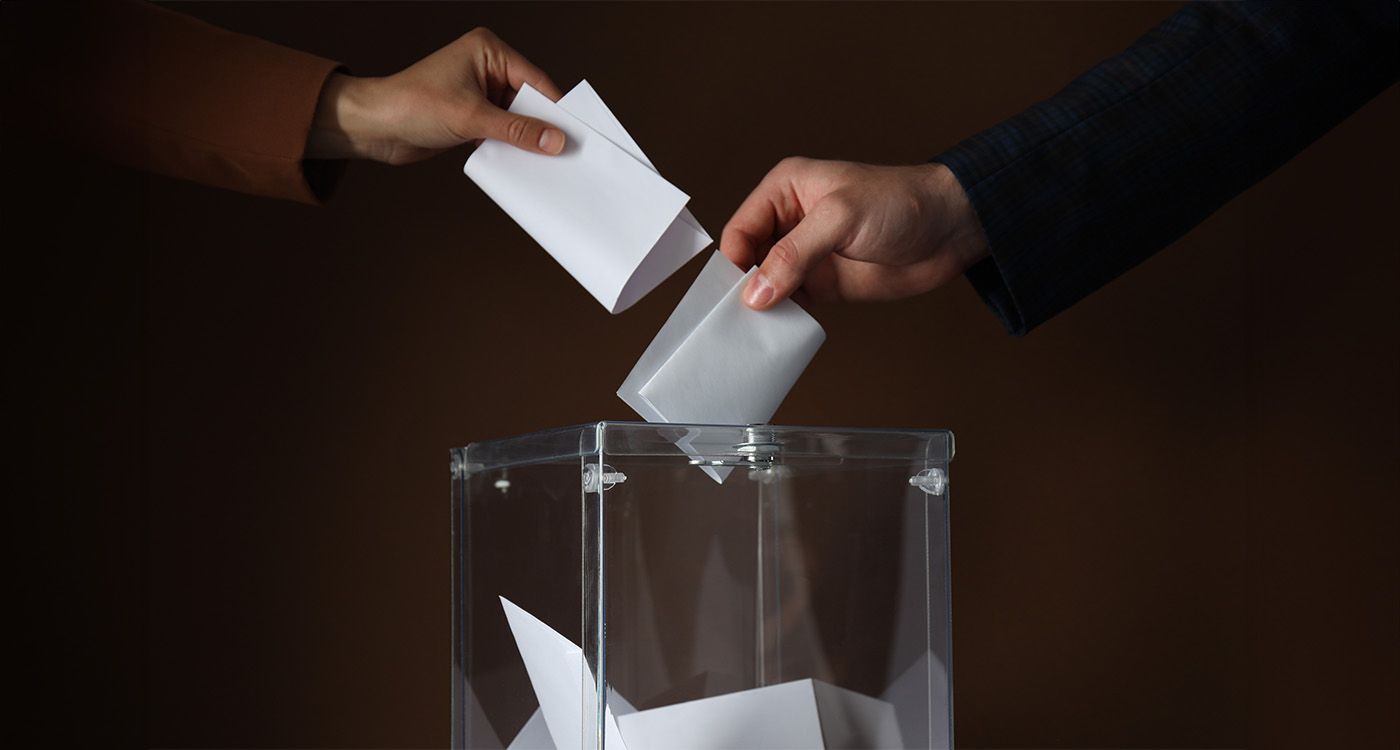
Despite behind-the-scenes talks suggesting that some officials may be considering a quiet postponement of municipal and optional elections until at least September—in order to allow for greater political clarity and better adaptation to the evolving security situation in the south—the electoral momentum in Lebanon is already gaining intensity. With the official call for electoral bodies and the opening of candidate registration expected in the coming hours, the race is rapidly heating up.
As the competition for leadership across villages, towns and cities gains pace, most key political players are employing a strategy of soft power. They are intervening decisively where victory seems assured, while stepping back where outcomes remain uncertain, often framing this process as a decision for local “families” to make.
However, the truth is that all political factions view these municipal elections as a rehearsal for the parliamentary elections scheduled for next spring. The results will serve as a crucial gauge of their real strength on the ground, offering insight to their ability to navigate shifting political dynamics, whether by gaining or losing voters’ support.
Yet, the battle extends beyond local elections. The ultimate prize lies in control over municipality unions. The stronger a faction’s grip on a union, the greater its dominance over the region’s towns and villages—and, more importantly, its ability to control local public services.
In Batroun, for instance, Gebran Bassil, who has long held sway over the Union of Municipalities, now faces a significantly weakened position. Reports indicate his influence has shrunk to just seven villages or towns—placing his majority, and thus his control, at serious risk.
A similar power struggle is unfolding in the Union of Metn Municipalities, where Michel Murr Jr. and the Kataeb Party are quietly, but intensely, competing to secure control and the leverage it provides over local services.
As the municipal elections take shape, political actors are treading carefully, conducting in-depth analyses to maximize their influence, especially as reforms towards administrative decentralization continue to gain traction.
These elections are far from a simple contest between family factions, as some might claim. While local rivalries play a role, political parties have far more significant stakes at hand. Their grip on power and access to resources depend on the outcome of these elections, turning them into yet another political bazaar where influence is bartered and bargained not only in politics, but in public services as well.
Let us not be deceived by diplomatic statements denying interference. Every political force, whether openly or in the shadows, is deeply engaged, because this election is not just about today’s municipalities, but a prelude to the far bigger battle looming with the parliamentary elections next year.



Comments